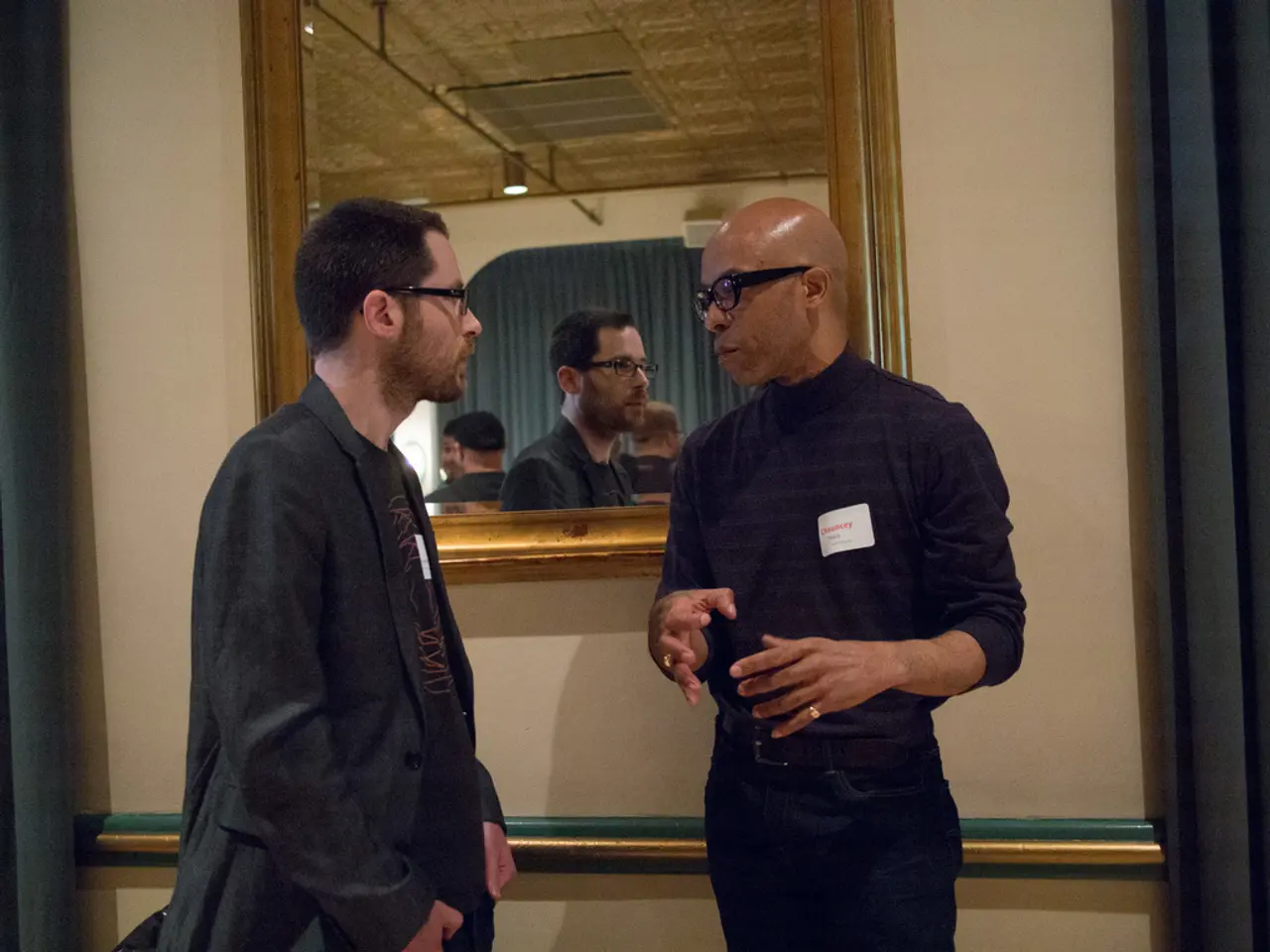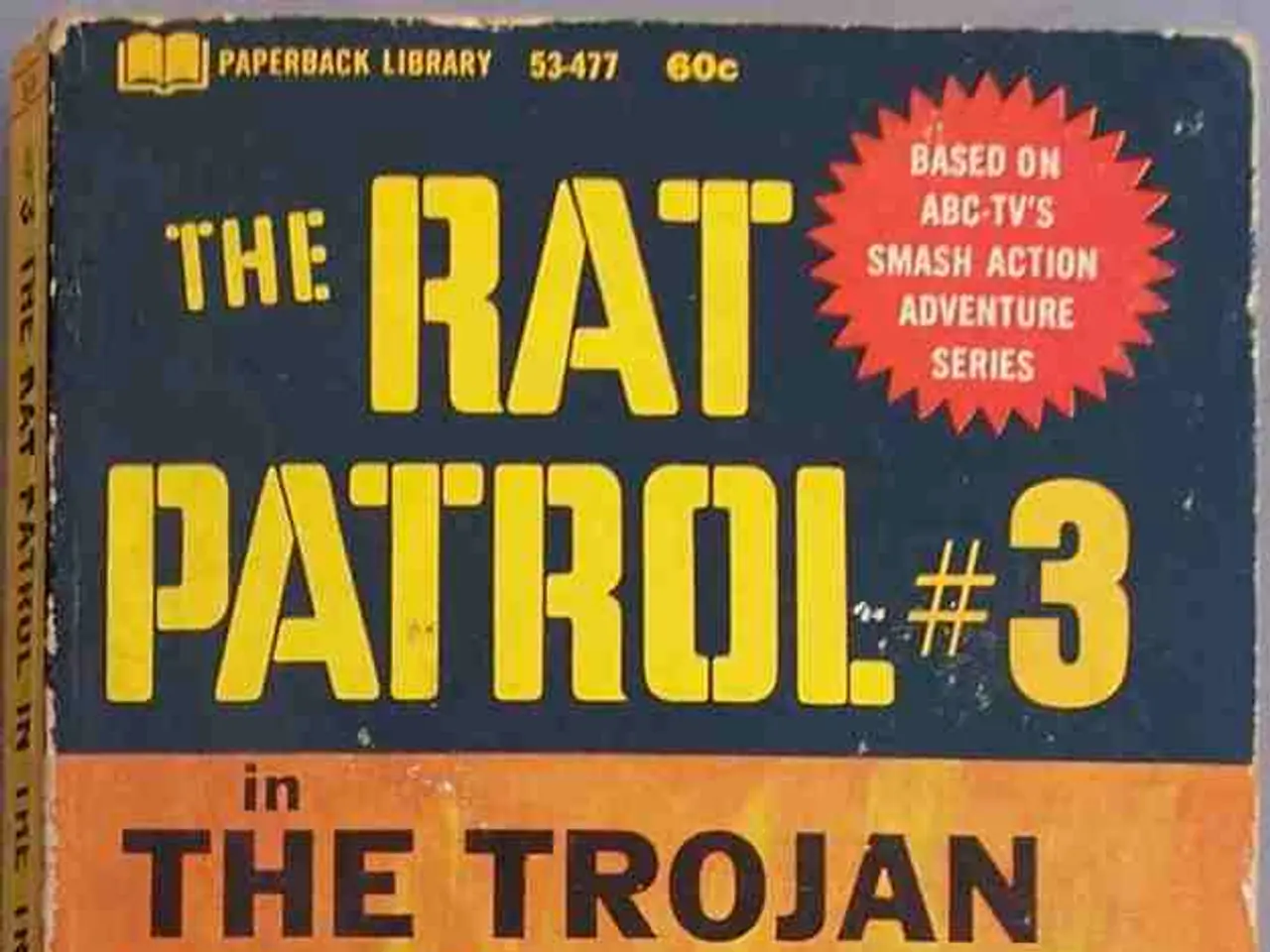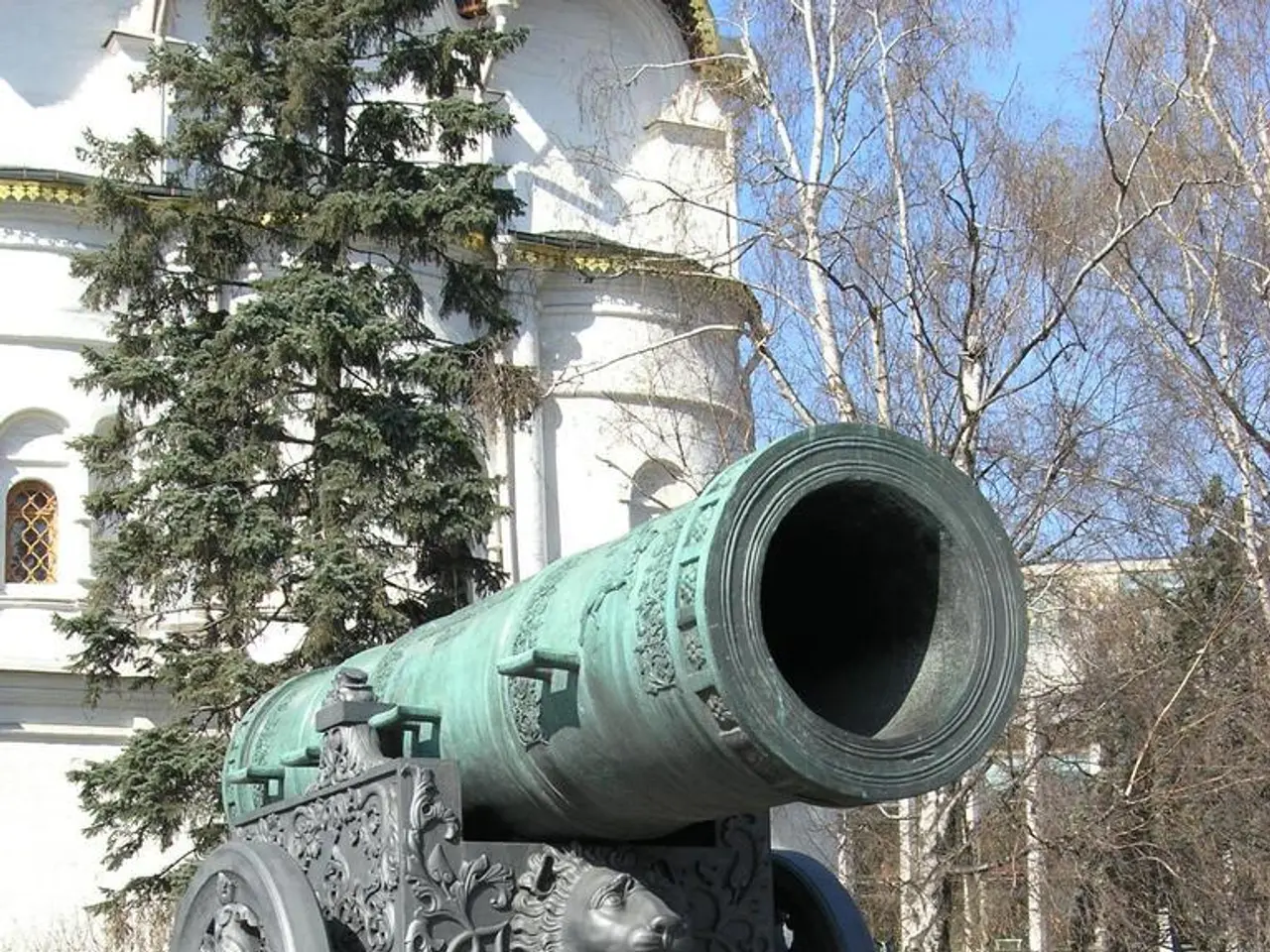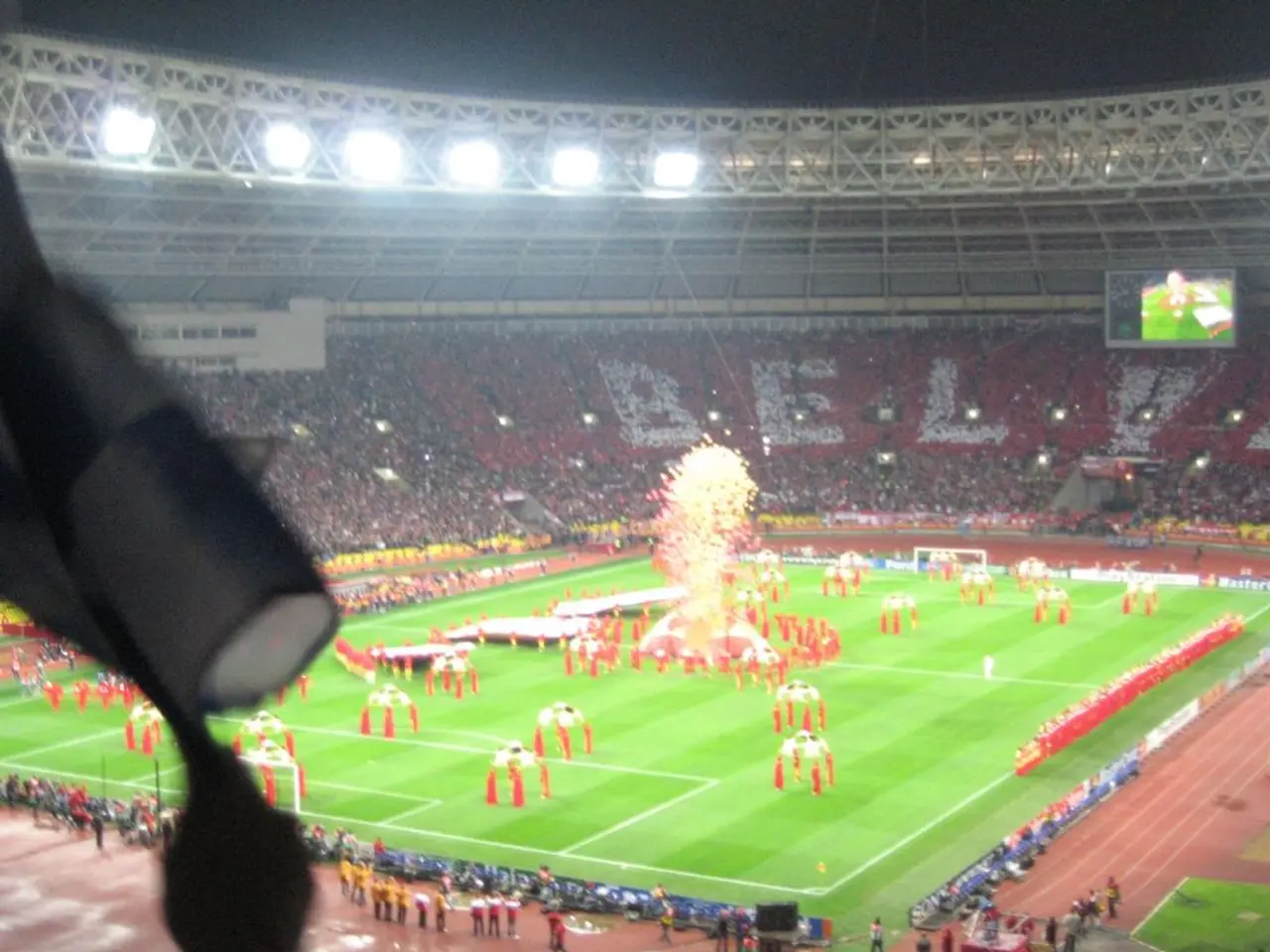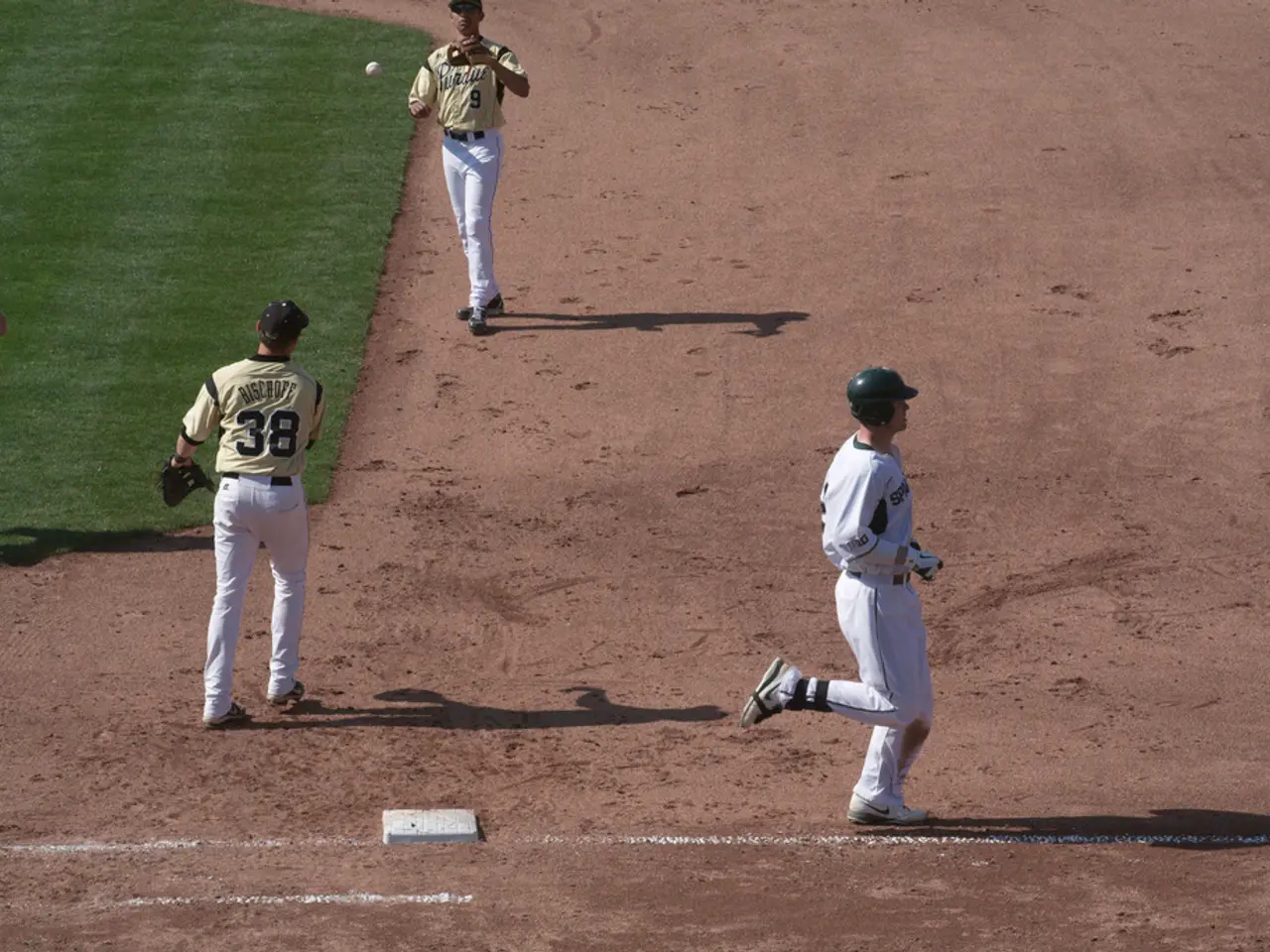Peace Accord Signed: the End of a Long-Standing Feud Between Rwanda and Congo
Rwanda and Congo reach accord following prolonged periods of conflict.
Say goodbye to decades of hostilities as the Democratic Republic of Congo (DRC) and Rwanda put their differences aside and signed a peace agreement in Washington, D.C. Kudos to U.S. President Donald Trump for his dogged determination to bring about this momentous event, aiming to reap some sweet benefits for the U.S.
The ink is dry on the peace treaty as Congo's Minister of Foreign Affairs, Therese Kayikwamba Wagner, and her Rwandan counterpart, Olivier Nduhungirehe, shook hands on it. They're eying none other than the U.S. President Trump for his tireless efforts in the negotiations. U.S. Secretary of State, Marco Rubio, couldn't hide his excitement, calling it a "boss move" after all those years of bloodshed.
January 2022 saw a flare-up in the violence when the M23 rebel group, backed by Rwanda, overran Goma and other neighboring towns and villages. The rebel factions set up their own administration in the territories they conquered.
After months of negotiations and persistent efforts by the U.S. and Qatar, a joint declaration was finally reached in April. The agreement is in effect immediately and features the following provisions:
- Respect for territorial sovereignty,
- Cessation of hostilities,
- Withdrawal, disarmament, and integration of non-state armed groups,
- facilitating the return of refugees and internally displaced individuals,
- and ensuring humanitarian access to the conflict zone.
The cherry on top? A permanent joint security coordination mechanism between the DRC and Rwanda. Rwanda's Foreign Minister said that the collaboration will be the key to maintaining peace and security in the region. They also plan to bolster economic cooperation with the American companies and investors. Congo's Foreign Minister was eager to reiterate, "Don’t forget the human angle here. Peace is a decision, but it's also a commitment to uphold human rights and the sovereignty of states."
More than half a million individuals have been forced to flee their homes since the beginning of the year. With hundreds killed, thousands injured, and nearly eight million people in food insecuirty, it's a challenging situation indeed.
The eastern Congo sits pretty on some of the world's rarest and most valuable metals, such as tantalum, gold, nickel, cobalt, and copper. Needless to say, tantalum, indispensable for the manufacturing of laptops, smartphones, and electric vehicle batteries, is a precious commodity indeed. U.S. President Trump was ecstatic about the possibility of the U.S. securing the mineral resources.
Sparking optimism across the board, the U.S. Department of State called the deal a "significant leap towards peace" in the region, urging both sides to stand by the imperative of honoring territorial integrity, ending hostilities, and neutralizing the armed groups in the eastern Democratic Republic of Congo.
Critics worry that the agreement may legitimize the plunder of Congolese natural resources and pressure the DRC, the victim of hostilities, to settle for unfavorable terms. Let's hope the deal's success hinges more on the commitment of both countries to foster peace and cooperation rather than resource-related controversies associated with previous peace agreements.
Sources: ntv.de, jog/dpa/AFP
- In light of the recently signed peace accord between Rwanda and Congo, it is crucial for both nations to implement, in their community policy and politics, the provisions for respecting territorial sovereignty, cessation of hostilities, and ensuring humanitarian access to the conflict zone.
- Amidst the general news of the peace agreement, there is a growing concern about the potential impact of war-and-conflicts on employment policies in the region, particularly with regards to the rehabilitation and integration of non-state armed groups, and the facilitation of the return of refugees and internally displaced individuals.
